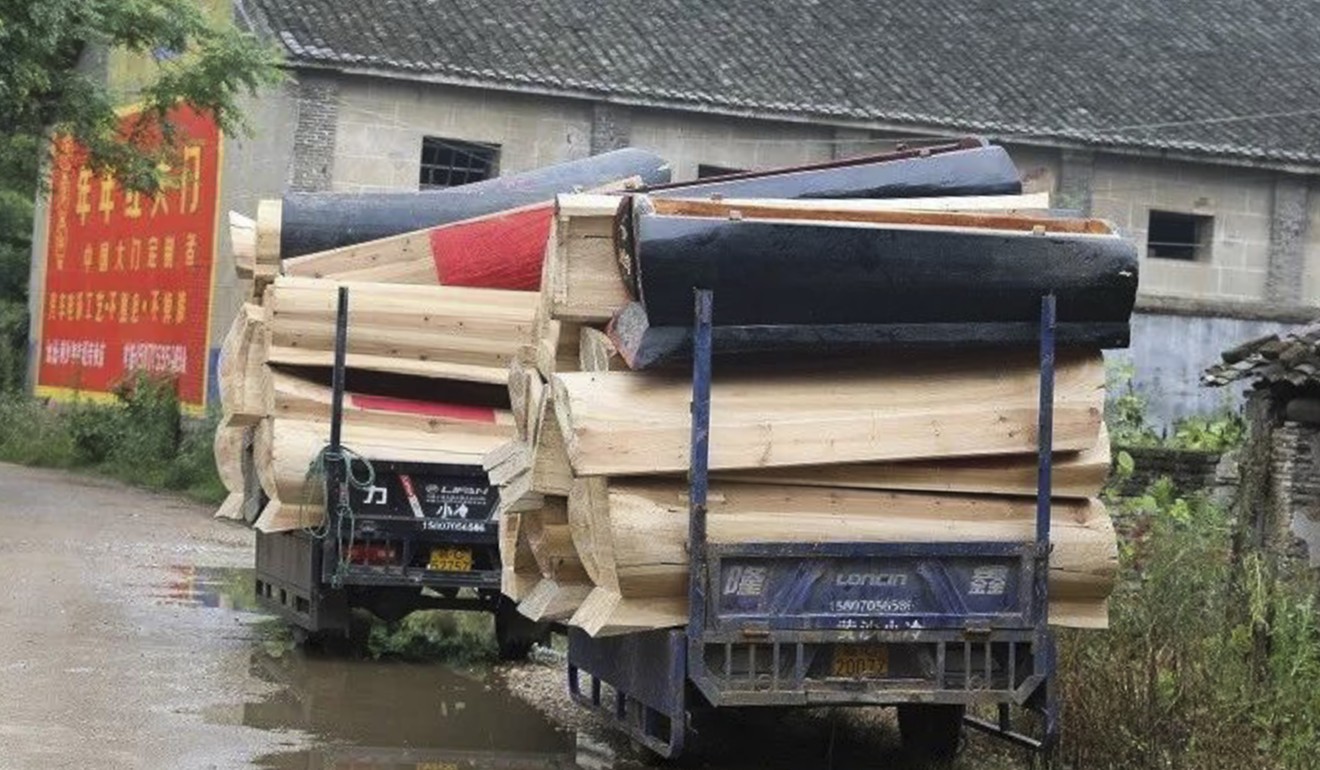
Why Chinese officials who smashed coffins to enforce burial ban were wrong: change takes time
Although cremation is more common than burial in some countries, it is not the preferred tradition in rural China. It is generally difficult for the elderly in rural China to accept cremation.
Coffins sold to timber mills in eastern China to be made into furniture after ban on burials
For this reason, I definitely do not support the way the officials behaved. Officials should not have entered villages and forcibly removed coffins from people’s homes. We should respect people’s choices about their funerals, and the age-old rituals surrounding the end of life.

I do understand the motivation of the Jiangxi government, which was to introduce environmentally friendly funeral practices.
If cremation becomes the sole method of disposing of mortal remains, there is no denying that this could conserve land resources, protect the environment and discourage extravagant burial ceremonies.
However, the officials went overboard in enforcing this policy and naturally earned the resentment of villagers.
Shanghai cemetery promotes space-saving ‘family plan’ burial plots as land runs out
Changing the methods of funerals and interment should be a gradual process. Moreover, flexibility in enforcing rules on the part of officials could reduce friction with locals.
They cannot simply force people to abandon the rituals of paying their respects to the dead. Officials should be sensitive to traditional beliefs and act with sympathy and respect.
Rather than using force, it would be better for officials to patiently educate rural residents to modify their traditional practices.
Christy Lam, Tsing Yi

